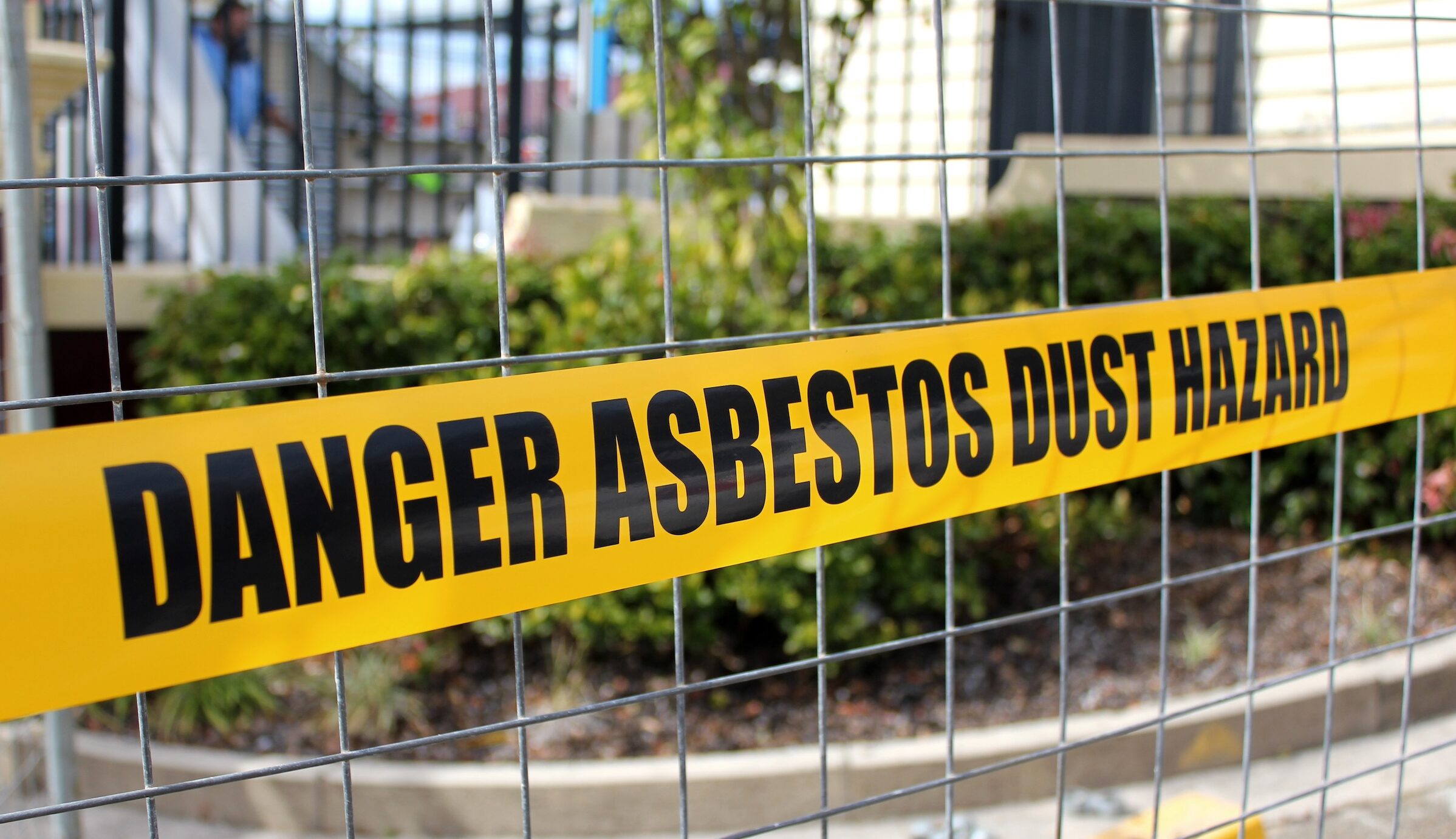Asbestos, once praised for its versatility and durability, has a dark side that clearly outweighs its benefits. Although it was widely used in construction and manufacturing for decades, the discovery of its severe health risks led to strict regulations and widespread efforts to remove it from buildings. In this blog, we’ll explore the health risks associated with asbestos exposure and why addressing these hazards through asbestos abatement promptly is crucial.
What is Asbestos?
Asbestos is a group of naturally occurring fibrous minerals known for their heat resistance, strength, and insulating properties. For many years, it was extensively used in various products, including insulation, roofing shingles, floor tiles, cement, and brake pads. However, the danger of asbestos lies in its tiny, airborne fibers, which can be easily inhaled or ingested, leading to serious health issues. Asbestos abatement is crucial to prevent serious health risks, including lung cancer and mesothelioma, by safely removing hazardous materials from homes and buildings.
Health Risks of Asbestos Exposure
When asbestos-containing materials (ACMs) are disturbed, they release microscopic fibers into the air. As a result, inhaling or ingesting these fibers can lead to a range of serious health conditions, often manifesting years or even decades after exposure. Here are the primary health risks associated with asbestos:
- Asbestosis: Asbestosis is a chronic lung disease caused by the inhalation of asbestos fibers. These fibers irritate and scar the lung tissues, leading to symptoms such as shortness of breath and persistent cough. Asbestosis can severely impair lung function and may eventually lead to respiratory failure.
- Lung Cancer: Asbestos exposure is a known cause of lung cancer. The risk is particularly high among individuals who smoke. Unfortunately, early detection is challenging, as symptoms often appear only in the advanced stages of the disease.
- Mesothelioma: Mesothelioma is a rare and aggressive cancer that affects the mesothelium, the protective lining covering the lungs, abdomen, and heart. Unlike lung cancer, mesothelioma is almost exclusively linked to asbestos exposure. Tragically, mesothelioma has a poor prognosis, with most patients surviving less than a year after diagnosis.
- Other Cancers: Asbestos exposure has also been linked to other cancers, including ovarian cancer, laryngeal cancer, and gastrointestinal cancers. Although these cancers are less common, they still pose significant health risks for those exposed to asbestos.
- Pleural Effusion and Pleural Plaques: Asbestos fibers can cause inflammation and fluid buildup in the pleura, the lining around the lungs, leading to pleural effusion. Additionally, they can cause pleural plaques, which are thickened areas of the pleura that may impair lung function.
Who is at Risk?
Anyone exposed to asbestos fibers is at risk, but certain groups are more vulnerable, including:
- Construction Workers: Individuals who worked in construction during the peak years of asbestos use.
- Industrial Workers: Those involved in manufacturing, shipbuilding, and other industries using asbestos.
- First Responders: Firefighters, police officers, and emergency personnel who respond to disasters and older building demolitions.
- Homeowners: People living in homes built before the 1980s may be at risk if asbestos-containing materials deteriorate or are disturbed during renovations.
Importance of Asbestos Abatement
Given the severe health risks, preventing asbestos exposure is crucial. Here are some steps to minimize the risk:
- Identify Asbestos: If you suspect asbestos in your home or workplace, hire a professional to conduct an inspection.
- Avoid Disturbance: Do not disturb asbestos-containing materials. Instead, leave them intact and in good condition.
- Professional Removal: If asbestos removal is necessary, hire certified professionals who follow strict safety protocols.
- Regular Monitoring: In buildings with asbestos, conduct regular monitoring to ensure materials remain undisturbed and in good condition.
Asbestos poses significant health risks, ranging from chronic lung diseases to aggressive cancers. Understanding these dangers underscores the importance of professional asbestos management and removal. If you suspect asbestos in your environment, do not hesitate to contact experts like Rome Environmental for asbestos abatement services in Northern Nevada and California. By addressing asbestos hazards promptly and safely, you can protect your health and the health of those around you.




